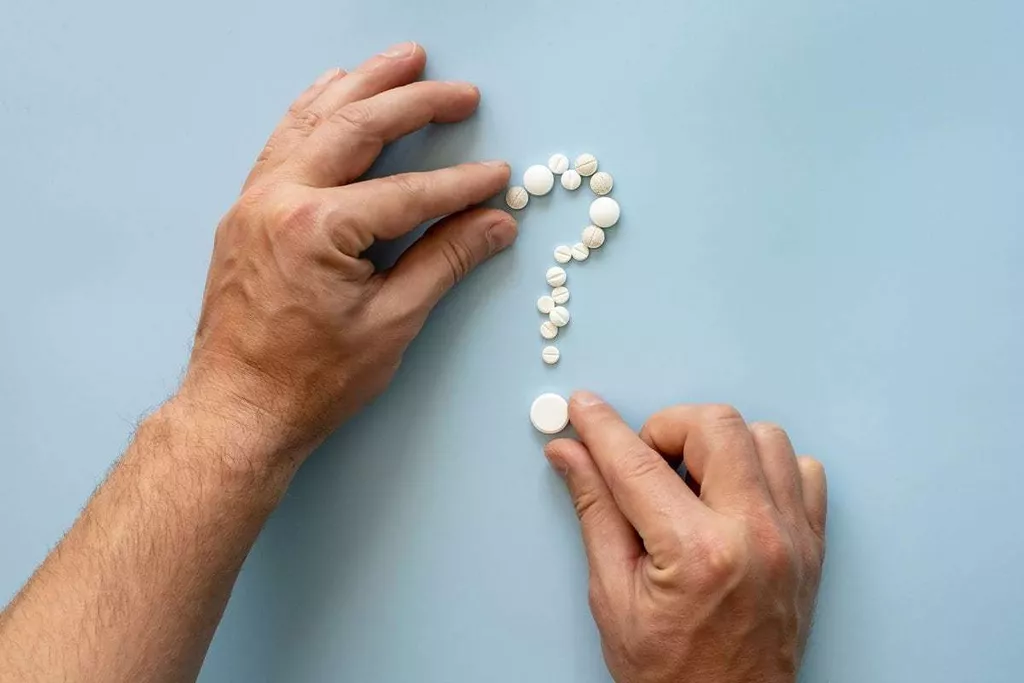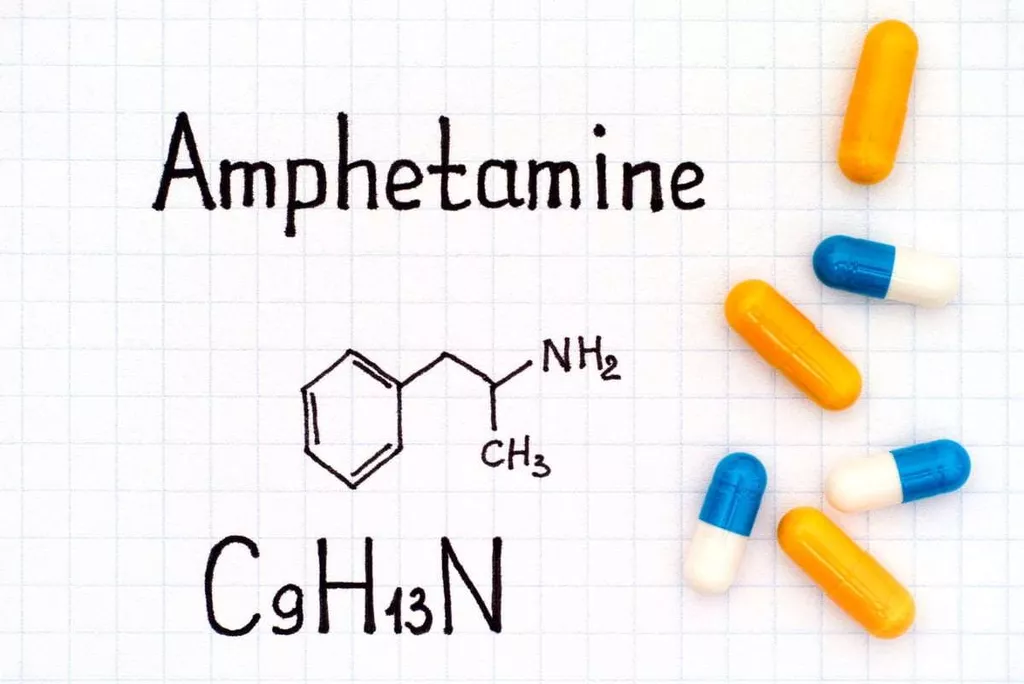
For example, a blood clot can form elsewhere in the body and travel to the heart, lungs, or brain. This type of blockage can lead to life-threatening conditions such as pulmonary embolism, stroke, or heart attack. The amount of alcohol a person consumes daily contributes to how it affects blood and heart health. New research has found that moderate consumption, meaning one or two drinks per day, can decrease cardiovascular disease risk. While the mechanism behind why this happens is unclear, the theory is that this moderate consumption reduces stress reactivity in the brain. For individuals who have had a previous episode of DVT, the guidelines for safe alcohol consumption may be more stringent.
What Are the Effects of Drinking Alcohol on the Blood?

Alcohol consumption can lead to severe complications both during and after surgery. A man’s blood typically thins if he drinks two (two ounces of liquor) or more daily. However, a blood clot can sometimes develop in, or travel to, can alcohol cause blood clots an artery that delivers oxygen-rich blood to your heart or brain. Heads up that some of these “don’ts” don’t apply if you’re on one of the newer blood thinners, like Rivaroxaban (Xarelto®) or Apixaban (Eliquis®).

Blood clots: The popular drink that ‘increases’ blood clotting risk after two servings
Other research suggested that such cases could be precipitated by a transient increase in blood pressure. Smoking also is an important risk factor for subarachnoid hemorrhage (Juvela et al. 1993), and the combined effects of heavy drinking and smoking may be devastating. This association has been observed with alcohol https://ecosoberhouse.com/ consumption in excess of two drinks per day and described in white, black, and Asian men and women who reported daily intake of three or more drinks (see, for example, Klatsky 1995). Women may be less susceptible than men to alcohol-induced hypertension, however. Certain medications, activities, and lifestyle factors may increase the risk of blood clots or bleeding complications with DVT and blood-thinning medications.

When ASL Interpreters Transform Doctor-Patient Relationships
It’s also important to consider the potential impact of alcohol on your overall health and lifestyle. Excessive alcohol consumption can contribute to other risk factors for DVT, such as obesity and liver disease. Additionally, alcohol can impair judgment and coordination, increasing the risk of falls and injuries that could lead Halfway house to DVT or exacerbate existing symptoms. Alcohol can interfere with these processes at several levels, causing, for example, abnormally low platelet numbers in the blood (i.e., thrombocytopenia), impaired platelet function (i.e., thrombocytopathy), and diminished fibrinolysis.
- Blood clotting is essential to prevent blood loss when someone is injured or wounded.
- Certain cholesterol-lowering medications (e.g., lovastatin) block HMG-CoA reductase, but further research is needed to determine whether alcohol has a similar effect.
- There are other medical conditions that can increase your risk for developing blood clots, including being overweight or obese, being over the age of 40, smoking cigarettes, and having diabetes.
- These clots are dangerous because they can cause a buildup of blood, leading to swelling and preventing oxygen from circulating effectively around the heart.
- Seeking guidance from your healthcare provider and making informed, personalized decisions about alcohol consumption is key.
Dangers of Mixing Alcohol and Blood Thinners
- If people have any concerns about vitamin K consumption, they should speak with a healthcare professional.
- Various factors can increase the risk of blood clot formation, including genetics, lack of physical activity, certain medical conditions, and possibly alcohol consumption.
- Trait markers could help identify people at risk for alcoholism who could benefit most from early, targeted prevention and intervention approaches.
- Smoking has been shown to increase the risk of DVT, as it can damage the lining of the blood vessels and affect blood clotting.
- Short-term effects happen to occur during or directly after consuming alcohol, and long-term effects are driven by excessive use over an extended period of time.
Additionally, maintaining a healthy weight is important for DVT prevention. Being overweight or obese can increase the risk of DVT, as excess body weight puts added pressure on the veins and can affect blood flow. According to the National Heart, Lung, and Blood Institute, losing even a small amount of weight can have a positive impact on cardiovascular health and reduce the risk of DVT. When it comes to preventing deep vein thrombosis (DVT), there are several lifestyle factors to consider in addition to alcohol consumption. While alcohol does play a role in DVT risk, it is important to look at the bigger picture and address other lifestyle factors that can contribute to the development of this condition. Megaloblasts occur frequently in the bone marrow of alcoholics; they are particularly common among alcoholics with symptoms of anemia, affecting up to one-third of these patients.
